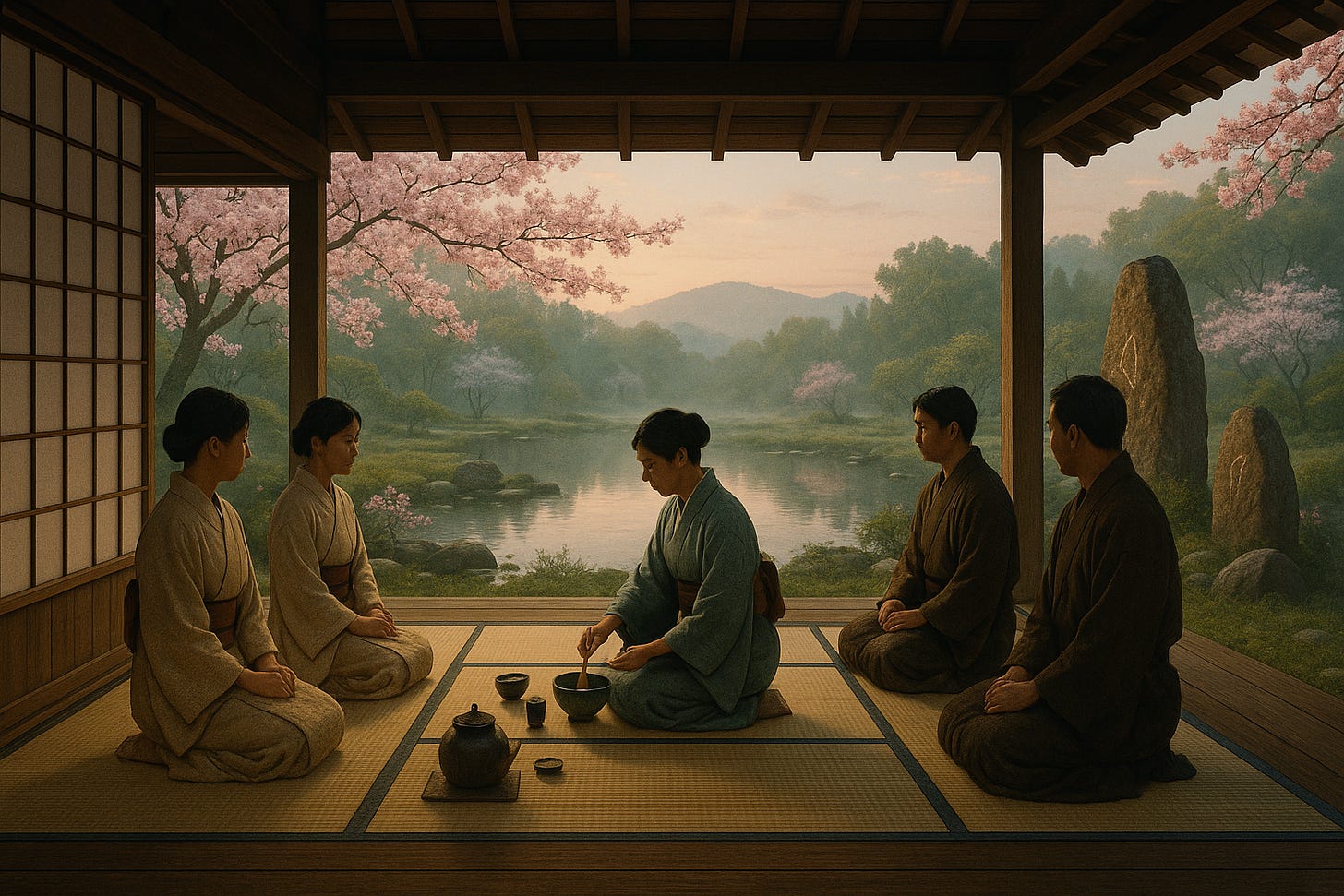Why We're All Quietly Falling Apart
Modern life skipped the most important part of being human—and our souls are paying the price
In the wake of COVID-19, mental health experts rushed to emphasize the importance of daily routines. Structure, they told us, would help us cope. Regular sleep schedules, consistent work hours, predictable patterns—these would buffer us against uncertainty and stress.
But what if routine isn't enough? What if we've been missing something deeper?
Recent research suggests that the disappearance of traditional rituals may be contributing to rising anxiety and stress levels. Studies show that the routine nature and predictability of rituals help reduce psychological distress. Yet in our streamlined modern world, we've quietly eliminated most of these stabilizing practices.
We live in an age with no real thresholds.
We change jobs, end relationships, move cities, have children, lose parents. But the transitions often happen silently. No marker. No ritual. No witness.
We scroll past birthdays. Celebrate weddings on Instagram. Graduations, promotions, mis…




